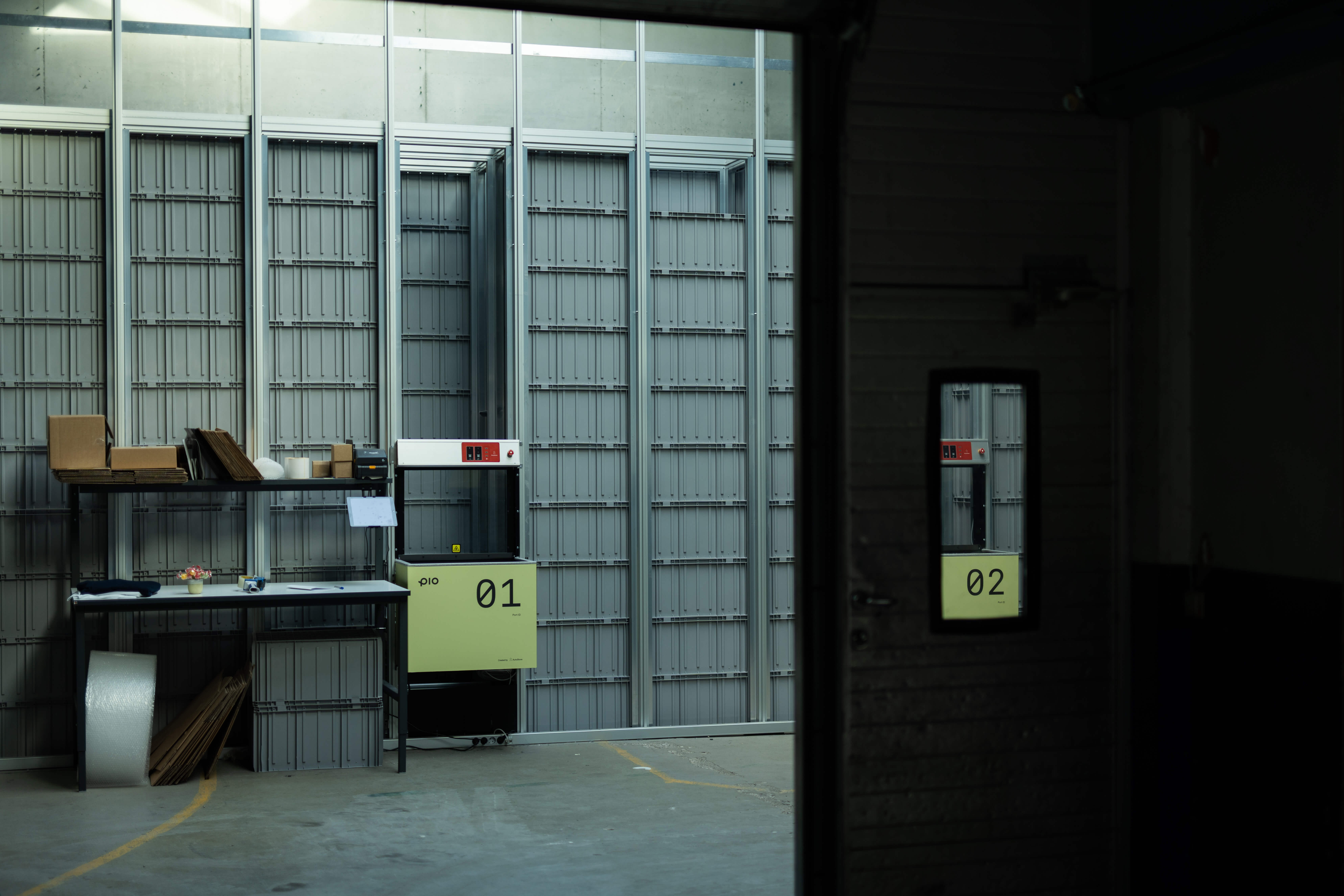With this growth comes a significant environmental footprint. It’s no surprise, then, that green warehousing is rapidly moving from a niche concept to an industry standard.
But what exactly is green warehousing?
Green warehousing simply refers to embracing eco-friendly practices in the logistics and storage sector of warehousing.
It's about finding innovative ways to reduce environmental impact while maintaining or even improving operational efficiency in the warehouse.
This article is your gateway to understanding and implementing green warehousing. Let's dive in and explore how you can make your warehouse operations more environmentally friendly and efficient.
Energy Efficiency Improvements
Enhancing energy efficiency is a cornerstone of any green warehouse – it offers impressive environmental and economic benefits.
By implementing energy-saving measures, your warehouse can reduce its carbon footprint while cutting utility costs.
Here are some key strategies for boosting energy efficiency in the warehouse:
- LED lighting systems: Switching to LED lights can significantly reduce energy consumption. LEDs use up to 75% less energy and last 25 times longer than traditional incandescent lighting.
- Smart climate control: Implementing automated systems to optimize heating, ventilation, and air conditioning (HVAC) can save energy. Smart thermostats and sensors can adjust temperatures based on warehouse occupancy and outside weather conditions.
- Energy-efficient equipment: Upgrading to more efficient machinery and tools, like electric forklifts or automated sorting systems, can reduce energy use and operational costs.
Automated Storage and Retrieval Systems (AS/RS)
Automated storage and retrieval systems (AS/RS) are revolutionizing warehouse operations in terms of efficiency, productivity, and green warehousing practices.
- Energy efficiency: AS/RS are designed to operate with minimal energy. They can efficiently manage each unit load and require less electricity than manual processes. This significantly reduces the warehouse's energy consumption.
- Optimized storage space usage: One of the biggest advantages of automated storage systems is their space efficiency. These systems enable more compact storage arrangements, meaning you can scale back to a smaller warehouse space.
- Reduced dependence on fuel-powered equipment: Automated systems take over tasks traditionally done by fuel-powered machinery like forklifts, leading to lower emissions and a cleaner operation.
- Enhanced inventory management: AS/RS are known for precise inventory tracking, reducing the risk of overstocking or products expiring. Efficient inventory management guarantees optimal use of resources.
- Safety and waste reduction: Automation in the warehouse reduces manual handling, which can lower workplace accidents and product damage, supporting green warehousing practices.

Green Transportation
Green transportation focuses on adopting more environmentally friendly methods for transporting goods. Here are some straightforward strategies you can implement:
- Use electric or hybrid vehicles: Switching to electric or hybrid trucks and vans is excellent for the planet.
- Plan better routes: Using technology to find the shortest and quickest delivery routes can reduce fuel use.
- Keep vehicles well-maintained: Regular tuning keeps trucks and vans running efficiently, leading to less pollution.
- Try eco-friendly fuels: Fuels like biodiesel or natural gas can better protect the environment than regular diesel or gasoline.
- Drive wisely: Avoiding rapid acceleration and idling reduces fuel use and emissions.
- Share deliveries: Collaborating with other businesses for shared delivery trips reduces vehicles on the road, minimizing traffic and pollution.
Water Conservation Measures
Water efficiency is another common feature of green warehouses, particularly in water scarcity areas. Here's how your warehouses can begin conserving water today:
- Rainwater harvesting: Collecting rainwater for operational use reduces dependence on municipal water.
- Water recycling: Reusing water for cleaning and other processes cuts down overall consumption.
- Low-flow fixtures: Installing fixtures that use less water helps reduce water wastage.
- Efficient cooling systems: Using water-efficient coolers and regular maintenance saves water.
- Drought-resistant landscaping: Choosing plants that require minimal watering decreases irrigation needs.
- Employee awareness: Training staff on water-saving practices promotes a culture of conservation.
Eco-Friendly Packaging
Switching to eco-friendly packaging is a powerful step towards a healthier planet:
- Biodegradable materials: These are earth-friendly alternatives like paper or plant-based plastics that naturally decompose.
- Recycled materials: Using recycled materials in packaging cuts down on the need for new resources.
- Sized-to-fit packaging: Creating packages that fit products just right minimizes material use and optimizes shipping space.
- Reusable designs: Embracing packaging that can be used repeatedly reduces waste.
- Innovative materials: Some companies are exploring unique materials like mushroom-based packaging or seaweed derivatives.
The Bottom Line
We've highlighted the essential steps towards embracing green initiatives and sustainable practices within your warehouse.
As the industry grows, it's crucial to adopt green warehousing solutions. By integrating energy-saving technologies, like LED lighting and automated systems, warehouses can reduce costs and environmental impact.
Automated storage and retrieval systems (AS/RS) enhance efficiency, save energy, and boost storage density. Embracing green transportation, water conservation, and eco-friendly packaging further lowers the carbon footprint of logistics operations.
Embrace Green Warehousing with Pio's Automated Storage and Retrieval System (AS/RS)
Discover Pio, the automated storage and retrieval system (AS/RS) solution that supercharges your business with a sustainable solution to green logistics and storage but also streamlines your entire approach to supply chain management.
With Pio, products are stored in cubes constructed from individual 'bins' stacked vertically, maximizing storage efficiency by integrating vertical lift module (VLM) technology.
Imagine a system that efficiently stores inventory and autonomously retrieves and delivers items from their storage locations to your workstation, all made possible by Pio's cutting-edge technology.
Ready to explore the future of green warehousing? Schedule a complimentary strategy call with our efficiency experts to learn more.



